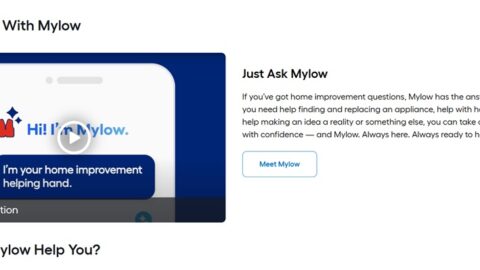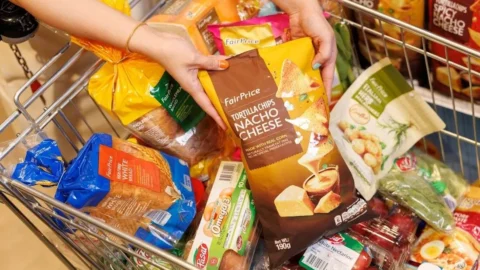Given that different cannabis products can produce a wide range of effects among consumers, one of the biggest challenges facing cannabis retailers is matching the right product with the right customer. To the newbie consumer, there’s a confusing welter of terms like “indica” and “sativa” as well as the multiplying variations of edible products, each with different levels of THC and other ingredients that affect the products’ impact.
The co-founders of Jointly, David Kooi and Eric Gutshall, use AI to help both consumers and retailers find the optimal match between people and product. The Jointly app provides a journaling tool for consumers, allowing them to record the specific effects of the products they try, rating them from one to 10 on how effectively they helped the consumer hit their goal, whether that be to reduce anxiety, boost creative output or combat chronic pain. “It helps people be intentional about why they’re consuming and practice purposeful consumption,” said Kooi, who also serves as the company’s CEO.
Data that’s gleaned (anonymously) from the app’s usage powers Jointly’s Virtual budtender retail solution, which cannabis retailers can deploy on their websites as a 24/7 information source. “The AI-powered data-driven budtender can [answer customer questions such as] ‘What’s a good flower for sleep?’ or ‘What’s a good edible for hiking?’,” explained Kooi in an interview with Retail TouchPoints. “Then, through integration with that store’s inventory, it can recommend a product,” that will be available for purchase.
“If you send your customer home with the wrong product, they might have a bad experience with it,” Kooi added. “It’s really essential to ensure that you’re selling the product that matches what the customer is looking for.”
Combining Education and Customer Service
Since its official launch in 2020, the Jointly app has notched half a million downloads, and monthly average user figures are in the “tens of thousands,” said Kooi. “It’s not like Instagram, where you’ll get addicted to using the app; people use it to learn and it gives you the tools to succeed, including all kinds of tips and tricks as well as data and advice for improvement.”
The retail-facing solution is being used in approximately 50 cannabis stores, and Jointly is adding about five to 10 stores per month, said Gutshall, with an eventual goal of supporting hundreds of retailers. So far, cannabis retailers seem to appreciate that the solution can provide as high a level of customer service online as a well-trained budtender can offer in a brick-and-mortar setting.
“The feedback that we’ve gotten from retailers is that they spend a lot of time, money and energy hiring, training and retaining budtenders because it’s so important to have [well-trained] budtenders on the floor,” said Gutshall, who is the company’s Managing Principal. He noted that with the Jointly solution, these retailers now have a tool to “concierge customers through the process when they come to the website.”
“For budtenders, the solution can be a tool for their professional development — like a sales assistant with the sum of all that [consumer] data,” Kooi added.
Addressing the Cannabis ‘Information Gap’
In addition to download and usage data, Kooi and Gutshall track metrics that show how helpful consumers find the journaling app. “If [an app user] records 10 different reflections or product ratings, they are likely to rate their experience of a particular product 58% higher,” said Gutshall. “That’s a testament to the fact that people use it to home in on their experience and their consumption — and get more out of each consumption.”
This type of education-heavy customer service is particularly needed in the cannabis industry, which has experienced rapid growth in recent years. U.S. retail marijuana sales are projected to climb from approximately $38.4 billion in 2024 to $53.5 billion by 2027, according to research from Retail TouchPoints’ sister publication MJBiz.
“With the expanding pool of people [using cannabis] as legalization and acceptance has grown, the level of understanding hasn’t kept pace with the growth,” explained Kooi. “There’s an information gap where a lot of these stores need good, solid, science-based and data-driven information about what [a product] does and doesn’t do.”
Understandably, both co-founders are bullish on AI’s use in retail. “AI will make everyone better at their job,” said Kooi. “For me, the future of ecommerce will be this kind of AI-driven sales and customer service that will be on every ecommerce site — an AI assistant all across the commerce world.”













